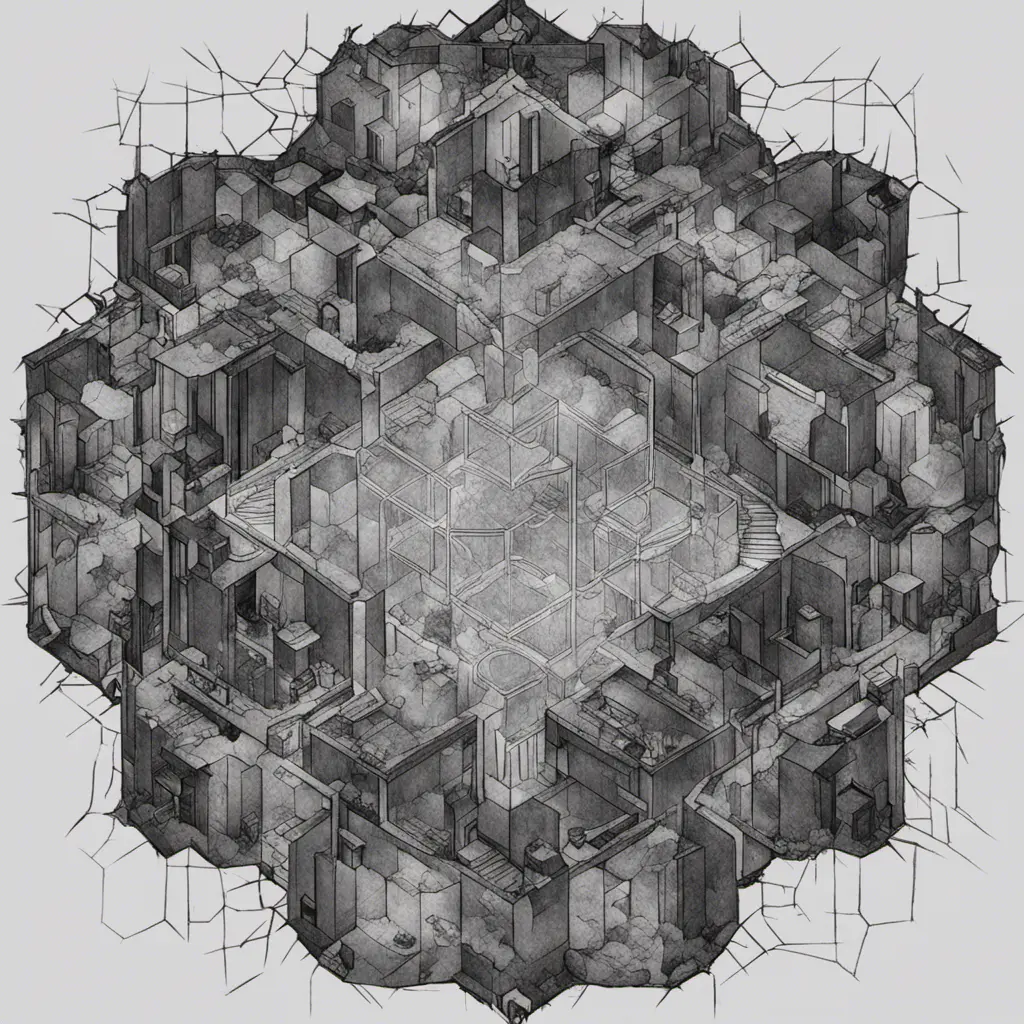They just do engineering things.
Source: am engineer.
I started my engineering program at University not knowing what engineering was.
Thank goodness for that orientation session.
I’m half way through my second year and still not sure.
Pretty sure they drive trains
Most engineers don’t know either bro
I’m an engineer. Most of the time I solve the tricky technical problems. Other times I design some new technical thing, or I think of new ways to do something.
So wizardry, sorcery, technomancy, and witchcraft. That was all you had to say.
That sums it up.
8 hours meeting a day, mostly
I see you’re a senior or principal engineer.
As an engineer:
- Receive or identify a problem.
- Design a solution that solves or mitigated the problem.
- Usually pay someone to make a prototype or do it ourselves
- Test the prototype and see if it solves the problem. If no, go back to #2 until a workable solution is found
- Get someone else to build the final thing.
- Make sure thing works. Ship it.
This is a recursive and iterative process. Meaning you will find problems inside your solutions and need to fix them.
Eventually you finish the thing and get a new problem and do the whole game over again. It’s like a puzzle that requires absurd amounts of knowledge to play well, but anyone could try to solve the problem. That’s why good engineers are paid pretty well.
That’s a pretty good run down. There’s all sorts of soft skills required for that as well, and hard skills specific to the industry they’re in, but I think you’ve got the essence of it. Also in step 6, add: “take responsibility for everything that will go wrong with thing in the future” aka “sign off”.
You lost me at “As an engineer:”
It’s an elaborate money laundering scheme. Most “engineers” secretly cook meth and stuff. It’s actually super easy to make like buildings and planes because God holds them up until He decides they should fall.
Shhhhh…
Like a scientist but you get paid
Scientists make something new. One time. In a lab. Under ideal conditions. With 3 PhDs assembling, testing, and running it.
Engineers have to make the same thing so that their cheap-ass company can hire any gaggle of idiots off any street around the world and train them to assemble, test, and run 500 of the thing.
Alternatively so those same idiots can buy the product and do all manner of stupid things to it without it breaking.
Note: not saying all technicians are idiots, but the good ones get paid more so companies eventually go for the idiots instead.
The best QA technicians think like perfect idiots.
Come on, it’s right there in the name. We engine.
“The Engineering Method” by Mark Hammond aka the engineer guy is a great read…
…is what I would say if I actually purchased books from my wishlist.
As an engineer I can say it can be a “hurry up and wait” kind of job. Around the 20% mark of a project timeline I’m 80% finished but then have to rely on a non-responsive authority to answer me back over some obscure part of the project. After that I just nag them and the project manager about it in email to cover my ass then do fuck all until they respond. At the 95% mark they answer back and I have to hurry up to finish. It can be stressful at times but it’s not bad otherwise.
I’m a designer that works with a bunch of engineers and yeah. I’ve got two projects that we had to rush in a two week deadline. Now we’ve been waiting for months on a reply about something. Just waiting.
Math using janky excel spreadsheets, tell drafters what we want drawings to look like, but mostly a lot of reading and writing. The secret to engineering (at least in my area) is that communication skills are just as important as technical understanding.
All I do as an engineer is piss and shit and fart
My Dad went to work one day and didn’t come back. Guess he wasn’t an engineer. All I knew was that he was a sonofabitch.





